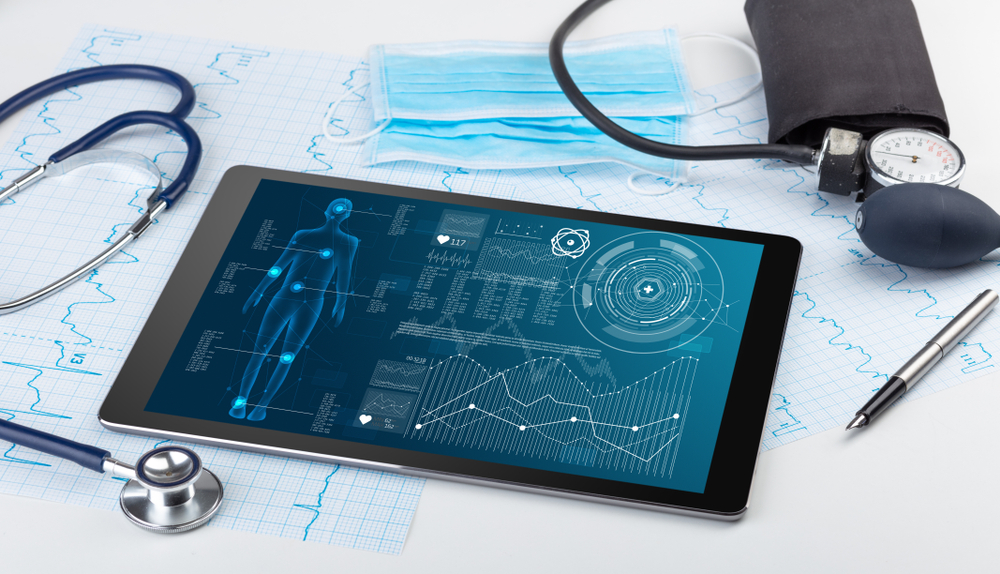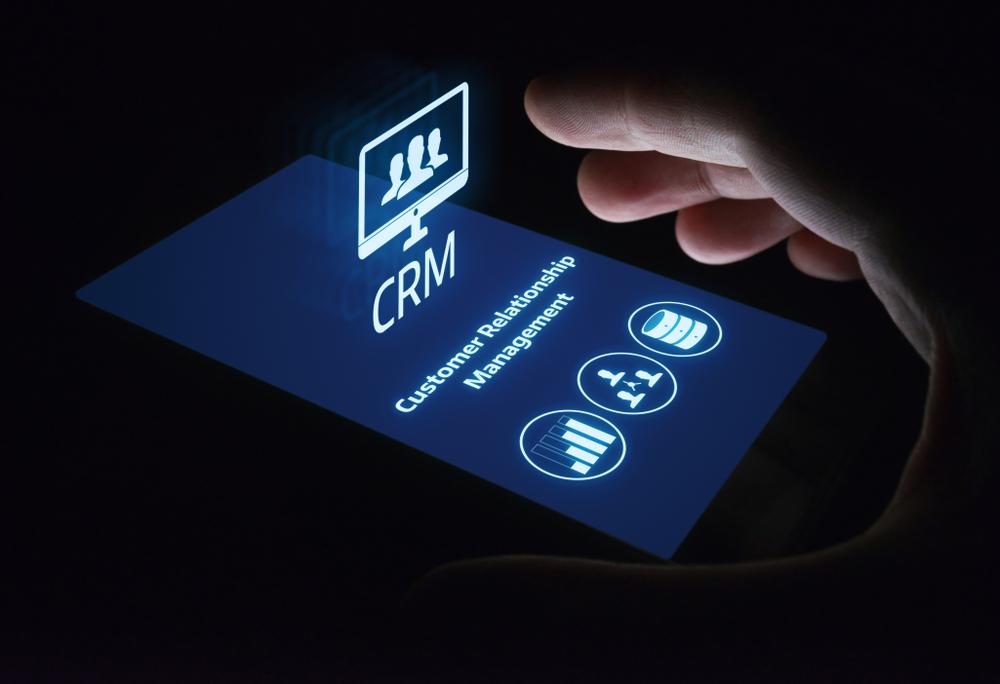Top CRM Software For Healthcare
Find the top CRM software solutions tailored for the healthcare industry to streamline patient management, improve communication, and enhance overall efficiency. Compare features, pricing, and customer reviews to make the right choice for your healthcare organization.
Customer Relationship Management (CRM) services have become an essential tool in various industries, with healthcare being no exception. As the healthcare sector continues to evolve, the importance of delivering personalized patient care while efficiently managing relationships has ushered in the adoption of CRM services. These services enable healthcare organizations to streamline their operations, engage with patients more effectively, and ultimately enhance the quality of care provided. This article delves into what CRM services for healthcare entail, their benefits, the types of CRM systems tailored for patients, associated costs, and offers, particularly emphasizing the significance of a "Free Trial" in the decision-making process.

What Are CRM Services for Healthcare?
CRM services for healthcare are specialized platforms designed to manage and improve the interactions between healthcare providers and their patients. These services encompass a wide array of functionalities, from managing patient information and communication to scheduling appointments and tracking patient health outcomes. CRM services are integrated with other healthcare systems to provide a comprehensive view of each patient, allowing for more personalized and effective care management.
These services are not merely about storing patient data; they are about leveraging that data to make informed decisions, predict patient needs, and create engagement strategies that foster long-term relationships. By utilizing advanced analytics and automation, CRM services help healthcare providers anticipate patient issues, streamline communication, and enhance overall patient satisfaction.
Benefits of Using CRM in Healthcare
The benefits of using CRM in healthcare are manifold. Firstly, CRM services support centralized data management, which means that all patient information, including medical histories, contact details, and interaction logs, is stored in one place. This centralized database is accessible to any authorized staff member, ensuring that everyone has the most up-to-date information when interacting with patients.
Improved patient engagement is another significant benefit. CRM systems can automate appointment reminders, follow-up emails, and even health tips, which not only reduces no-show rates but also keeps patients informed and involved in their own healthcare journey. Additionally, CRM services enable healthcare providers to segment patients based on various criteria such as demographics, condition, or treatment history, allowing for more targeted and relevant communication.
Enhanced efficiency and productivity are also notable advantages. With CRM, many administrative tasks are automated, freeing up staff to focus on more critical tasks, such as patient care. Moreover, CRM systems can reduce the likelihood of errors by providing consistent and accurate information across all touchpoints.
Furthermore, CRM services facilitate better health outcomes by supporting proactive healthcare management. Healthcare providers can track and analyze patient data to identify trends, manage chronic conditions more effectively, and tailor treatment plans to individual needs.
Types of CRM for Patients
There are various types of CRM systems available for patients, each designed to address specific needs within the healthcare sector. Some CRM systems focus on operational efficiency, helping with appointment scheduling, billing, and patient flow management. Others are more patient-centric, offering tools for personalized communication, health monitoring, and wellness management.
Operational CRMs typically aim at improving the day-to-day functions of healthcare facilities, while collaborative CRMs focus on communication across different healthcare providers and departments to ensure seamless patient care. Analytical CRMs are data-driven, providing deep insights into patient behaviors and preferences to enhance decision-making and strategic planning.
Strategic CRMs, on the other hand, help healthcare organizations align their patient relationship strategies with their overall business goals. They are often integrated with marketing tools to aid in patient acquisition and retention efforts.
Costs
The costs associated with implementing CRM services in healthcare can vary widely based on several factors, including the size of the organization, the complexity of the CRM solution, and the level of customization required. Generally, CRM services can either be purchased outright, with a one-time licensing fee, or subscribed to on a monthly or annual basis.
Initial setup costs can include software purchase, hardware investments (if not cloud-based), staff training, and data migration. Ongoing costs may consist of maintenance, support, additional training, and periodic updates or upgrades. It is essential for healthcare organizations to carefully consider their specific needs and budget constraints before choosing a CRM system.
Offers
One of the critical offers to mention when discussing CRM services for healthcare is the availability of a "Free Trial." Many CRM vendors offer a free trial period, allowing healthcare organizations to test out the system before committing to a purchase. This trial period can be an invaluable opportunity for providers to assess the software's compatibility with their workflows, ease of use, and the system's overall impact on their operations.
During a free trial, healthcare organizations can explore various features, understand the benefits of the system in real-time, and determine whether the CRM meets their expectations. It also provides a chance to evaluate the vendor's customer support and training resources. By taking advantage of a "Free Trial," healthcare providers can make an informed decision, ensuring that their investment in a CRM system will yield the desired results and align with their patient care objectives.
CRM services for healthcare are transforming the way healthcare providers interact with and care for their patients. These systems offer numerous benefits, including better patient engagement, improved efficiency, and enhanced health outcomes. Whether operational, collaborative, analytical, or strategic, each type of CRM system serves a unique purpose in patient relationship management. The costs involved in implementing a CRM system must be weighed against the potential benefits, ensuring a wise investment for healthcare organizations.
The offer of a "Free Trial" is a crucial consideration for healthcare providers when selecting a CRM system. It allows for a hands-on evaluation of the system's capabilities and helps ensure that the chosen solution will meet the organization's needs. As the healthcare industry continues to embrace digital transformation, CRM services stand as a pivotal component in delivering exceptional patient care and fostering robust patient-provider relationships.











